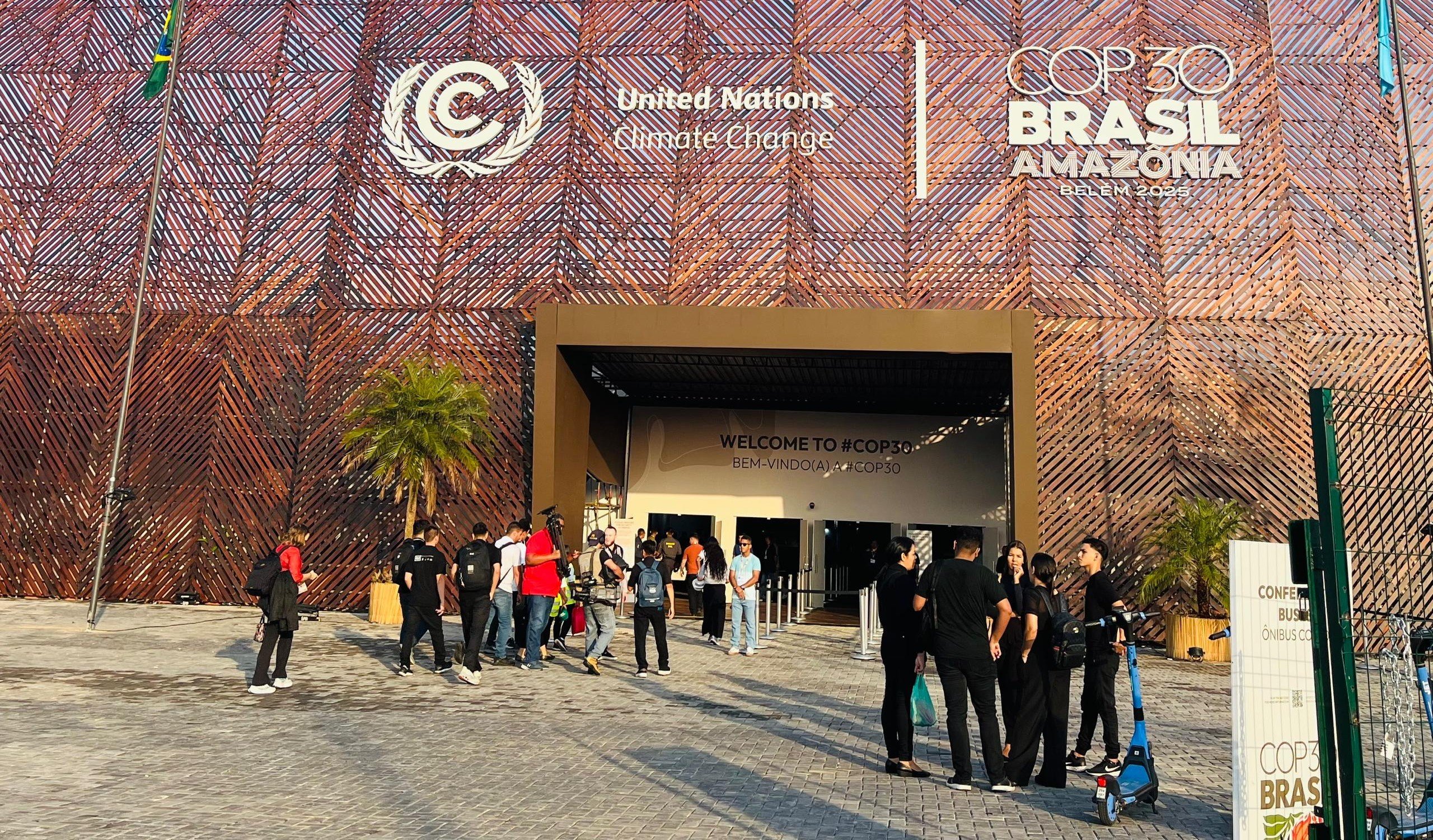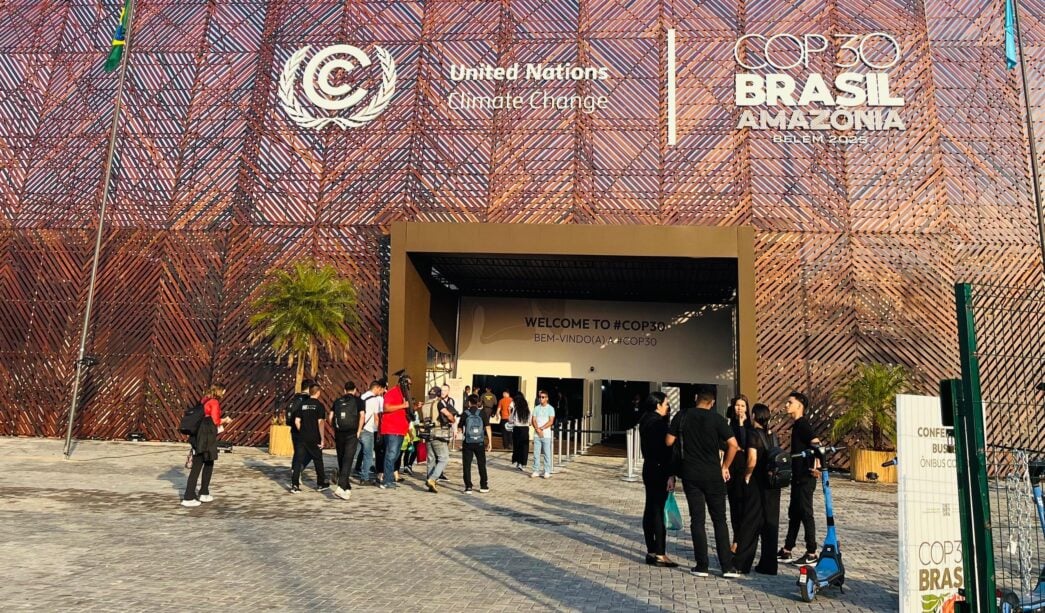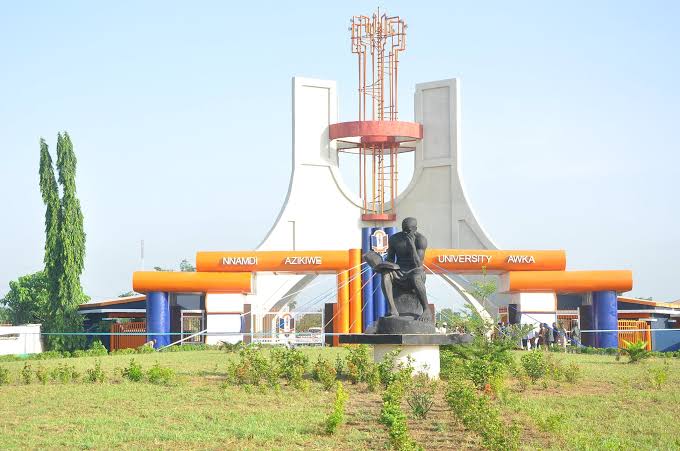BY JUMA IGNATIUS
From the start, COP30 in Belém, Brazil, has been described as the “COP of Truth’’. The opening plenary carried a rare sense of hope, with expectations that Belém would finally confront the hard realities of climate injustice in Kenya, Africa, and the rest of the developing world.
As the first week unfolded, however, that promise faded steadily as the climate talks increasingly felt less like a moment of truth and more like a stage for tricks.
Adaptation negotiations have been an example of these tricks. One strand of adaptation is being promoted loudly, National Adaptation Plans (NAPS), while the very foundation of adaptation ambition, the Global Goal on Adaptation, is weakened.
Advertisement
To be clear, NAPs remain central to shaping national resilience pathways, but plans alone cannot protect communities. Without the means of implementation, namely, finance, technology transfer, and capacity building, these plans become symbolic rather than transformative. A plan without resources does not irrigate maize fields, secure a home, or protect a family from the next climate disaster. For millions across Africa who live daily on the frontlines of the climate crisis, week one offered little to smile about.
In the negotiation rooms, negotiators remain divided on a critical outcome: the list of indicators required to track adaptation progress. Africa has consistently emphasised that indicators are not an end in themselves. They must serve a clear purpose, remain aligned with the Paris Agreement, and support real action. Adopting indicators merely to claim that Belém delivered would be to betray the very people these negotiations are meant to protect.
On the other hand, developed countries have continued to insist on indicators that, for instance, require tracking domestic adaptation budget allocations, an approach that contradicts the principles of Common But Differentiated Responsibilities and the Polluter Pays Principle, and risks collapsing the process entirely.
Advertisement
The move shifts the narrative from provision to self-reliance and the focus from the obligation to provide support to demanding that vulnerable countries ‘‘do more themselves.’’ This insistence increasingly appears less like a technical argument and more like a deliberate attempt to limit ambition and shift responsibility away from the world’s largest historical emitters.
Lest we forget, Africa, home to 1.5 billion people, has contributed only 4 percent of global emissions. The climate crisis unfolding today is not of the continent’s making. Those most responsible must honour their climate debt. This is not charity, it is justice.
Ahead of Belém, farmers, pastoralists, schoolchildren, and communities across the continent expressed a unified call: that words from multilateral processes must finally start to mean something. After thirty years of the UNFCCC and a decade since the Paris Agreement, rhetoric can no longer substitute action.
The argument that multilateralism still works for humanity must be demonstrated in Belém. A functioning multilateral system is not one that simply manages political choreography, but one that delivers tangible results for all.
Advertisement
While Belém is thriving in managing the political and diplomatic temperatures of this COP, the real crisis is pushed to the background. Inside the negotiation rooms, the urgency felt by families escaping unbearable heat in Sudan does not register. In Belém, the daily anxiety of parents in Kibera, Kenya, over the next rainfall washing away their homes has been remote. These lived realities rarely penetrate the air-conditioned halls of these high-level discussions. As my grandmother always quipped, “You do not need to walk in someone’s shoes to recognize an injustice. You only need to open your eyes.”
In Belém, the Global North continues to overlook the suffering of millions on the frontlines of the climate crisis. They possess the data, they see the escalating impacts, yet they continue to choose political convenience over human survival.
As we enter the final stages of the summit, frontline communities will be watching closely. The next two days must restore the trust and hope that was lost in Week One. Belém must deliver a strong Global Goal on Adaptation framework that cannot be watered down or pushed aside. It must deliver real, fair, purpose-driven indicators that spark action rather than shift blame. It must recognise, without hesitation, that climate justice and historical responsibility are non-negotiable truths.
These climate talks must also unlock adaptation finance that is new, predictable, accessible and adequate—not recycled promises or loans dressed up as solutions. And above all, the final hours of this COP must put frontline communities at the centre, not as an afterthought, but as the heartbeat of the entire process.
Advertisement
Because without these outcomes, Belém will not be remembered as a COP of truth. It will be remembered as yet another meeting where the world looked away while the most vulnerable suffered.
Juma Ignatius is a senior climate adaptation and resilience policy advisor at Power Shift Africa
Advertisement
Views expressed by contributors are strictly personal and not of TheCable.


